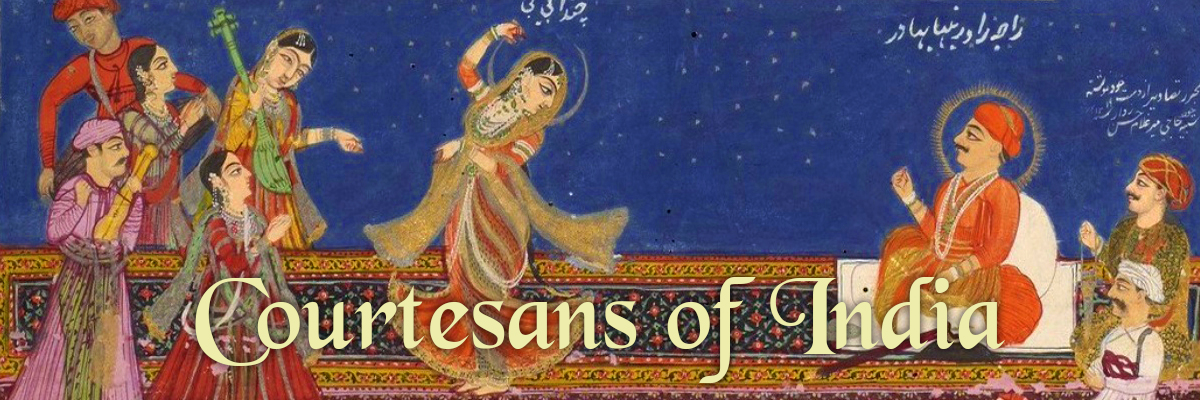In this 2002 film adaptation of the 1917 novel of the same name, the protagonist Devdas is about to return home after 10 years of law school in England. Devdas’s mother, Kaushalya Mukherjee, tells her poor neighbour Sumitra, who is overjoyed. Sumitra’s daughter Paro and Devdas are loving childhood friends. Both families believe Devdas and Paro will get married, but Devdas’s conniving sister-in-law reminds Devdas’s mother, Kaushalya of Paro’s “inappropriate” maternal lineage of nautch girls.
Heartbroken by his family’s rejection of Paro, Devdas leaves his parents’ house and takes refuge at a brothel, where he becomes an alcoholic and where a good-hearted tawaif named Chandramukhi falls in love with him. Eventually he becomes desperate to return to Paro, but a number of tribulations stand in the way of Devdas, Paro, and Chandramukhi’s ideals.
Notable Elements
- Develops a positive sisterhood between Chandramukhi and Paro, rather than following the common film trope of situating women as hostile or antagonistic to one another
- Challenges the Mukherjees’ arrogance about their wealth as well as their double-standards about tawaifs: “Aristocrats’ lust creates the bastards they scorn!” “You [rich people] act high and mighty, but you sell your daughters for bride prices!” “The money you flash around lays at harlots’ feet!”
Questions to consider:
- If the film in some ways tries to challenge anti-nautch attitudes; what is the significance of the fact that the lowest points of Devdas’s life occur in a brothel, or that mostly evil men go to see tawaifs?
- Numerous characters shame women for their supposed sexuality. Overall, does it appear like the film to some degree condones this shaming?
- What dimensions of sympathy do we have for Devdas? What about Paro? How culpable are they in their fates?
